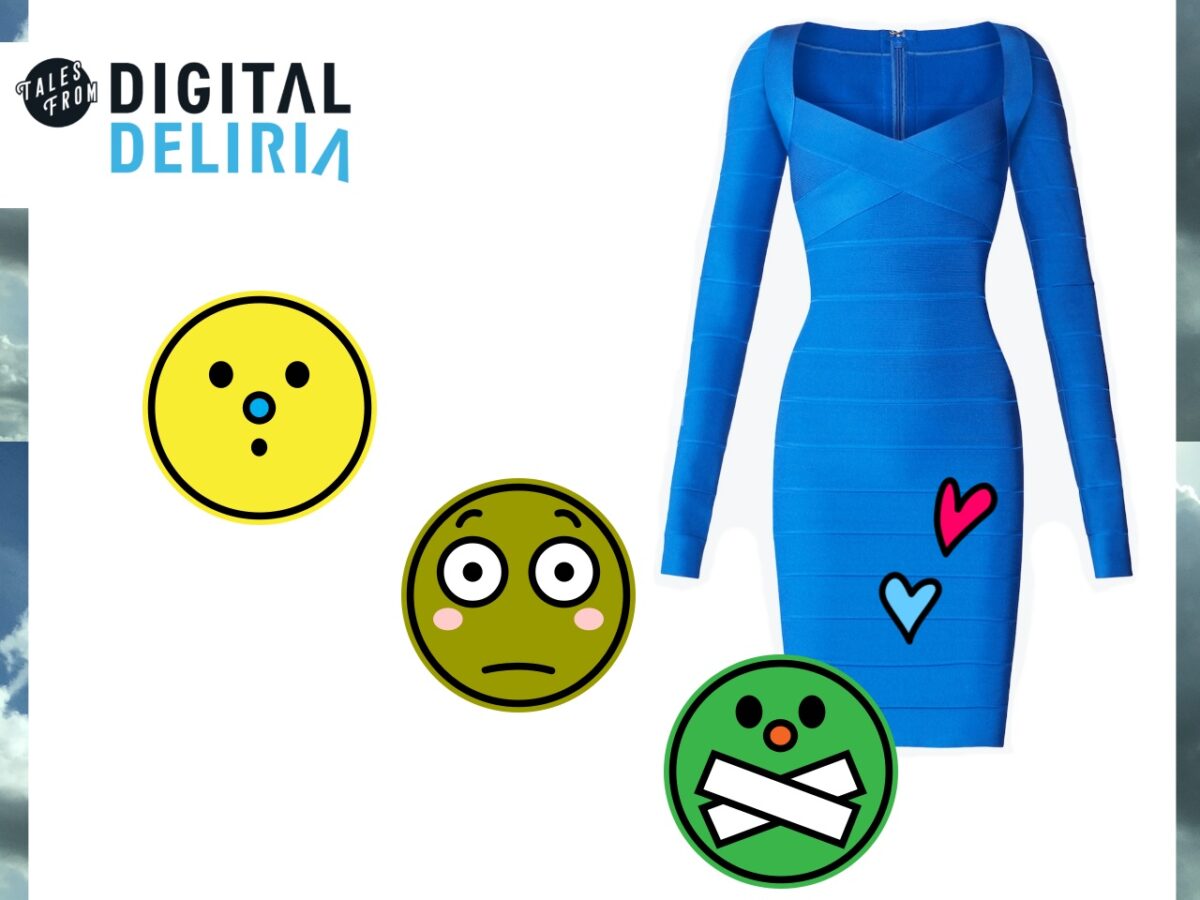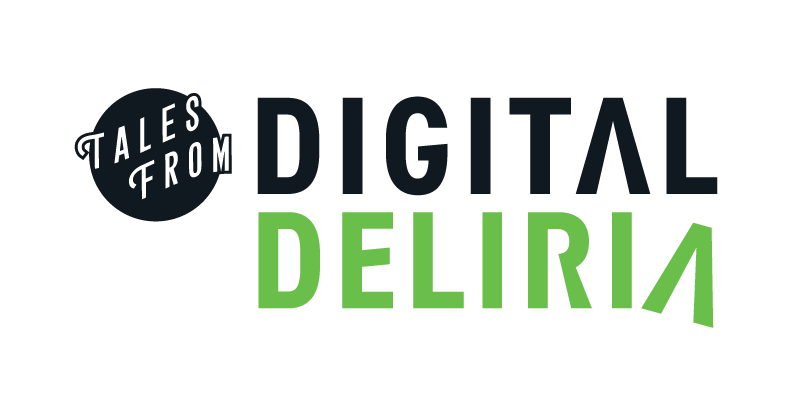Clinton-Style Entertainment

Gripping your chair arm, mouth all dry.
Feet shuffling in your seat, pupils wide.
Face flushed, scroll scroll scroll.
Titillations continue…
No, this is not some seedy porn site, nor a sordid online romance.
This is the President of the United States.
Most web workers of the 1990s “remember where they were” when the Clinton Investigation Report dropped. In our case, the story is set at the digital startup in the musty, old apartment.
For months in advance, news teased the forthcoming treasure trove of sleazy details about a once respected position: President. It was the very first time the world drove heavy demand for a piece of online content.
At a click of a button, the roughly 100-page, dense PDF instantly made its way to computers across the land.
Inside, tales of the sexual escapades of a sitting President with an Intern. Everyone in the office spent the afternoon pouring over it while sipping smoothies: the irresistible “train wreck” syndrome. And heck, it was just plain, juicy reading.
The Oval Office. The cigar. Hiding out under the desk. The rendezvous in the closet near the office. And above all, the Blue Dress.
We didn’t realize it at the time, but a milestone in digital history had arrived.
It was the first time human beings were destroyed online.
And, it destroyed the decorum around leadership and government as well.
It was pure and perfect fodder for all the Gen Xers working in digital at the time: the notoriously cynical and sarcastic. It played right into what we were looking for — more proof that our so-called leaders did not deserve reverence.
But the online landscape evolved quickly to attack not just the lofty. Now on a widespread basis, we continue to grapple with the online-people-destruction-machine today.
Consider this: you no longer need a 100-page report to invoke chaos on your fellow human being. You just need a few choice words on social media. It isn’t even that hard: no “investigation” needed. Let’s just call every social media post “mini-PDFs”.
Our culture now makes this commonplace online, across all walks of life and all levels of society. Tearing down, ridiculing, making a fool, censoring, and outright destruction of livelihoods, for beliefs deemed unpopular or undesirable.
If there’s something good to be said, perhaps the PDF served to dispel some myths in the process.
But it was the first of many destructive acts to come in the Digital Deliria.
As always, I hope you enjoyed this commentary.
Please “like” if you did on social media (@DigitalDeliria), share, and post your comments as well.
Don’t want to miss a future story? Be sure to sign up for our mailing list.
